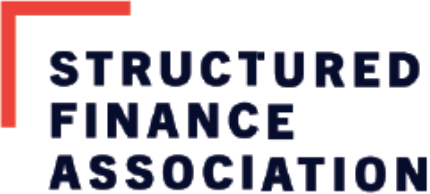SFA Asks FHFA to Consider Options to Replace 50-basis point UMBS Fee
article by Structured Finance Association
In June 2022, the GSEs announced that—pursuant to the requirements of the Enterprise Regulatory Capital Framework (ERCF)—they were implementing a 50-basis point fee on all Uniform Mortgage Backed Securities (UMBS) that commingled collateral from both Enterprises. While this portion of the capital rule was intended to mitigate the risk that might exist within the UMBS construct for each Enterprise guaranteeing the collateral of the other, it also implicitly offsets the pricing benefits brought by UMBS.
This implicit disincentivization threatens the ongoing viability of the UMBS, as the Single Security Initiative is based upon the understanding that the securities of each GSE are fungible with each other, regardless of whether such securities are ever in a commingled pool. Moreover, charging an additional 50 basis point fee ignores the fact that investors had already “paid up” for the increased liquidity of the UMBS by accepting lower yields. Early market reaction was that the implementation of this fee could lead to stipping trades, which would fragment the TBA market and undo the work that went into the creation of the UMBS.
SFA engaged with FHFA leaders and staff, who worked to assure market participants and stakeholders of their commitment to the UMBS, while also fulfilling their regulatory obligation to ensure the GSEs operate in a safe and sound manner. On September 12, 2022 SFA sent a letter to FHFA outlining potential alternative means of implementing the cross-guarantee provisions of the ERCF, but that would not undermine the UMBS, including:
- Charge a lower fee (1- or 2-basis points) across on all securities, and not just those are that in commingled pools.
- Explicitly designate a portion of the Preferred Stock Purchase Agreements (PSPAs) between FHFA and Treasury as covering the risk each Enterprise incurs when they guarantee the collateral of the other within the UMBS
- Suspend the capital rule (or the portion of the ERCF related to the cross-party guarantee) and issue an NPR to solicit market feedback for how to resolve this issue. While Option #1 and Option #2 could be accomplished without a formal rulemaking, Option #3 proposes to modify the current ERCF, and may generate additional ideas for how to resolve this issue

